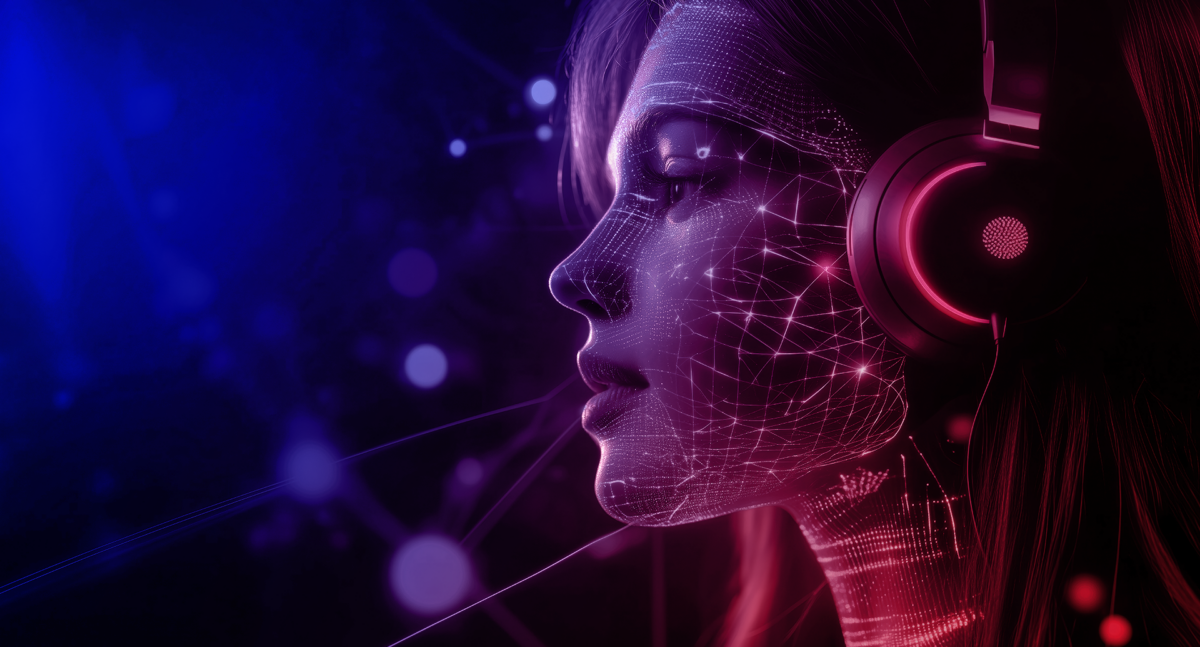Smart AI agents for marketing: your much-needed upgrade
Your campaigns have good click rates, but is conversion falling short of expectations? This is exactly where a smart AI marketing agent can lend a hand – by analyzing data, suggesting optimizations and implementing measures autonomously.

Move your campaign forward with an AI marketing agent
It’s Monday morning and you’re looking at last week’s campaign results – promising click rates, but the conversion figures are not what you’d hoped for. At the same time, your sales team urgently needs new leads, and they’re asking for your input. Your social media team wants insights to develop the next content strategy, and your email marketing lacks the personalized recommendations that would help reduce the unsubscribe rate.
A perfect use case for AI agents. Imagine the scene: While you’re drinking your first coffee of the day, AI marketing agents have already analyzed the performance data, provided customized suggestions for optimizations, redefined target group segments and updated your automated campaigns. Improvements are being made to the customer journey in real time without you having to manually monitor every single step.
AI marketing agents are your new team members – processing data in real time, making intelligent decisions and implementing measures autonomously. They can help you gain a better understanding of your customers’ needs, optimize the customer journey at every touchpoint and achieve your marketing goals faster. Join us as we explore how these intelligent assistants can fundamentally change the way you work.
Friendly reminder: What are AI agents exactly?
AI agents are smart computer systems or programs that independently perform tasks, make decisions and interact with other systems. Unlike regular automation tools, they’re context-sensitive, learn from data and manage processes autonomously. For example, an AI agent in marketing can analyze customer behavior on your website, recommend suitable products, launch a personalized email campaign and optimize performance – all by itself.
AI agents in marketing: 3 success stories
#1 Hyper-personalization at Yum Brands – boosting sales with AI
Yum Brands, the company that operates Taco Bell, Pizza Hut and KFC, is intensifying its use of AI-supported marketing campaigns to drive higher sales and optimize customer retention. According to Joe Park, Chief Digital and Technology Officer at Yum, these campaigns incorporate dynamic email customization based on the time of day, day of the week and individual customer behavior.
Initial results indicate that these personalization techniques are significantly increasing engagement and willingness to buy. In the future, Yum Brands plans to expand its use of AI even further: in mobile apps, at drive-through kiosks and even in the development of creative advertising content. Park is keen to stress that traditional marketing methods still have their place, but AI-based personalization can deliver a crucial competitive advantage. More insights here.
#2 Intelligent product recommendations – how Sephora uses AI to thrive in e-commerce
Cosmetics brand Sephora uses AI and machine learning to provide customers with individually tailored product recommendations. AI-powered chatbots analyze preferences and past purchases to give customers the best possible advice. At the same time, smart algorithms improve inventory management and forecast demand more accurately so that popular products are never out of stock.
Another secret to Sephora’s success is its use of customer feedback as a data source. Customer ratings provide valuable insights that the company leverages to continuously improve its product range and recommendations. The combination of AI-supported recommendations and active integration of feedback creates a highly personalized shopping experience and strengthens trust in the brand. Find out more about artificial intelligence in Sephora’s marketing strategy.
#3 Rufus – Amazon’s AI assistant is redefining online shopping
With the introduction of Rufus, an AI-powered shopping assistant, Amazon has given its product search function an intelligent update. Rufus answers customer questions, makes personalized recommendations and helps compare products – by accessing customer reviews, online data and Amazon’s product catalog.
Whether you’re looking for general advice on the best headphones for sports or you have questions about specific product details, Rufus retrieves relevant information in real time. The AI agent is already available in the Amazon Shopping app and on the company’s US website – with plans for a global rollout. By the way, the name Rufus pays homage to a Welsh corgi that was once an unofficial Amazon mascot.
Why AI agents are the future of marketing automation
#1 Real-time data processing
When used in marketing, AI agents can analyze huge amounts of data in a matter of seconds, allowing companies to react to market changes or customer needs in real time.
#2 Scalability
Whether your business is a start-up or a large corporation, the scalability of AI agents is effortless. They work around the clock and can be expanded with virtually no limits.
#3 Cost reduction
Using AI agents for marketing automation and other tasks not only saves time, but also reduces operational costs. Resources are used more efficiently and repetitive tasks are a thing of the past.
Checklist: How to use AI agents at your company
Define objectives
- Which processes do you want to automate?
- Which KPIs do you want to improve?
Create a database
- Are your data sources well structured?
- Are there functioning interfaces between your systems?
Choose your technology
- Which AI agent fulfills your requirements?
- Do you have internal expertise, or do you need to work with a partner?
Launch a pilot project
- Test the AI agent in a clearly defined area.
- Analyze the results and keep making optimizations.
Involve your team
- Train your team to use the new technology.
- Communicate the advantages clearly and transparently.
Your future with AI agents starts here
Numerous industry experts predict that 2025 will be the year of AI agents. It’s anticipated that these automation assistants will be increasingly treated like employees – with clearly defined roles and responsibilities. Jens Christian Jensen, Chief Strategy Officer at Plan.Net and Head of the Artificial Intelligence: Value Chain Lab at the German Association for the Digital Economy (BVDW), puts it in a nutshell:
“AI agents aren’t just the next step in the evolution of digitalization – they’re fundamentally changing the way we experience and use software. They’re bundling services, automating interactions and making software truly adaptive for the first time. Brands need to adjust to this change: In the future, AI agents will interact with each other to create completely new brand experiences.”
AI agents for marketing present us with a unique opportunity to automate processes, understand customers better and optimize the customer journey. By using technology strategically, you can work more efficiently and introduce a truly innovative tool to drive your long-term success. Take your first step into the future now and let AI marketing agents give your business a competitive edge!





